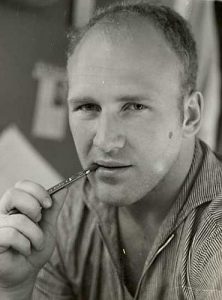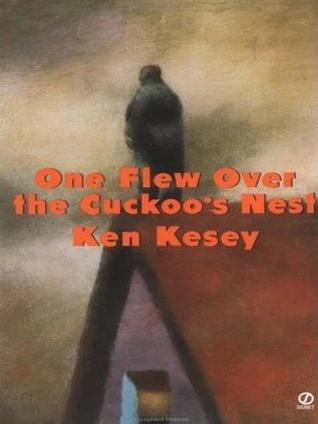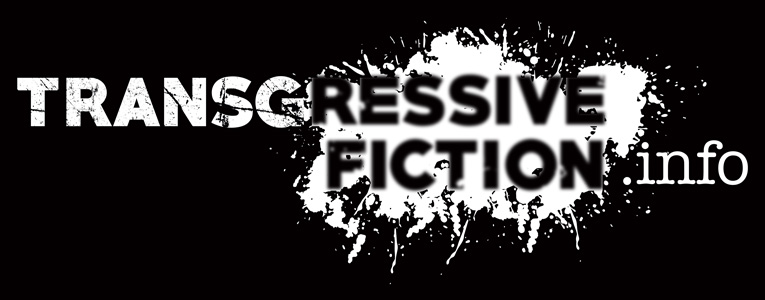 American writer, who gained world fame with his novel One Flew Over the Cuckoo’s Nest(1962, filmed 1975). In the 1960s, Kesey became a counterculture hero and a guru of psychedelic drugs with Timothy Leary. Kesey has been called the Pied Piper, who changed the beat generation into the hippie movement.
American writer, who gained world fame with his novel One Flew Over the Cuckoo’s Nest(1962, filmed 1975). In the 1960s, Kesey became a counterculture hero and a guru of psychedelic drugs with Timothy Leary. Kesey has been called the Pied Piper, who changed the beat generation into the hippie movement.
Ken Kesey was born in La Junta, CO, and brought up in Eugene, OR. Kesey spent his early years hunting, fishing, swimming; he learned to box and wrestle, and he was a star football player. He studied at the University of Oregon, where he acted in college plays. On graduating he won a scholarship to Stanford University. Kesey soon dropped out, joined the counterculture movement, and began experimenting with drugs. In 1956 he married his school sweetheart, Faye Haxby.
Kesey attended a creative writing course taught by the novelist Wallace Stegner. His first work was an unpublished novel, ZOO, about the beatniks of the North Beach community in San Francisco. Tom Wolfe described in his book The Electric Kool-Aid Acid Test (1968) Kesey and his friends, called the Merry Pranksters, as they traveled the country and used various hallucinogens. Their bus, called Furthur, was painted in Day-Glo colors. In California Kesey’s friends served LSD-laced Kool-Aid to members of their parties.
At a Veterans’ Administration hospital in Menlo Park, California, Kesey was paid as a volunteer experimental subject, taking mind-altering drugs and reporting their effects. These experiences as a part-time aide at a psychiatric hospital, LSD sessions – and a vision of an Indian sweeping there the floor – formed the background for One Flew Over The Cuckoo’s Nest, set in a mental hospital. While writing the work, and continuing in the footsteps of such writers as Thomas De Quincy (Confessions of an English Opium Eater, 1821), Aldous Huxley (The Doors of Perception, 1954), and William S. Burroughs (Naked Lunch, 1959), Kesey took peyote. The story is narrated by Chief Bromden. Into his world enters the petty criminal and prankster Randall Patrick McMurphy with his efforts to change the bureaucratic system of the institution, ruled by Nurse Ratched.
The film adaptation of the book gained a huge success. When the film won five Academy Awards, Kesey was barely mentioned during the award ceremonies, and he made known his unhappiness with the film. He did not like Jack Nicholson, or the script, and sued the producers.
Kesey’s next novel, Sometimes a Great Notion (1964), appeared two years later and was also made into a film, this time directed by Paul Newman. The story was set in a logging community and centered on two brothers and their bitter rivalry in the family. After the work, Kesey gave up publishing novels. He formed a band of “Merry Pranksters”, set up a commune in La Honda, California, bought an old school bus, and toured America and Mexico with his friends, among them Neal Cassady, Kerouac’s travel companion. Dressed in a jester’s outfit, Kesey was the chief prankster.
In 1965 Kesey was arrested for possession of marijuana. He fled to Mexico, where he faked an unconvincing suicide and then returned to the United States, serving a five-month prison sentence at the San Mateo County Jail. After this tumultuous period he bought farm in Pleasant Hill, Oregon, settled down with his wife to raise their four children, and taught a graduate writing seminar at the University of Oregon. In the early 1970s Kesey returned to writing and published Kesey’s Garage Sale (1973). His later works include the children’s book Little Tricker the Squirrel Meets Big Double the Bear(1990) and Sailor Song (1992), a futuristic tale about an Alaskan fishing village and Hollywood film crew. Last Go Around (1994), Kesey’s last book, was an account of a famous Oregon rodeo written in the form of pulp fiction. In 2001, Kesey died of complications after surgery for liver cancer
Books

One Flew Over the Cuckoo’s Nest
Like George Orwell and Philip Wylie, Ken Kesey is concerned with man’s battle to be himself in a world of increasing controls, the battle of joy and freedom against a society which fosters guilt and shame. His first novel, One Flew Over the Cuckoo’s Nest, tells the story of a struggle between a man and a woman for the spirits and hearts of a group of people who have been defeated by the world.
The setting for these defeated lives is a mental institution. The teller of the story, a half-Indian and a long-time inmate, has made the most complete retreat from life of all of them; he will not talk, and he has fooled the staff into thinking he is deaf and dumb. But through his self-imposed protective fog he is an acute observer. His vision of the life around him seems to have a truth which is beyond the definitions of sanity or insanity. To him the world is run by an all-powerful “Combine.” The hear of the war, the “Big Nurse,” is the chief instrument of evil. She wields her insidious power over the men to destroy their wills and freeze them into mindless obedience.
Into this gray world comes McMurphy, a brawling, gambling man, full of spirit and a glorious lust for life. He is horrified by the docility with which the other men accept the rule of the Big Nurse and decides to fight her on her own terms. The battle begins, for him, as a lark – a way of winning the bets he has made with the men. And then, as he becomes more aware of the terrible dangers in it, and more committed to the others who have come to count on him for their own survival, his decision to go on is a heroic act of sacrifice and compassion.
He knows that you have to laugh at the things that hurt you just to keep yourself in balance, just to keep the world from running you plumb crazy.
But it’s the truth even if it didn’t happen.
It isn’t by getting out of the world that we become enlightened, but by getting into the world…by getting so tuned in that we can ride the waves of our existence and never get tossed because we become the waves.
They can’t tell so much about you if you got your eyes closed.
Man, when you lose your laugh you lose your footing.
All I know is this: nobody’s very big in the first place, and it looks to me like everybody spends their whole life tearing everybody else down.

